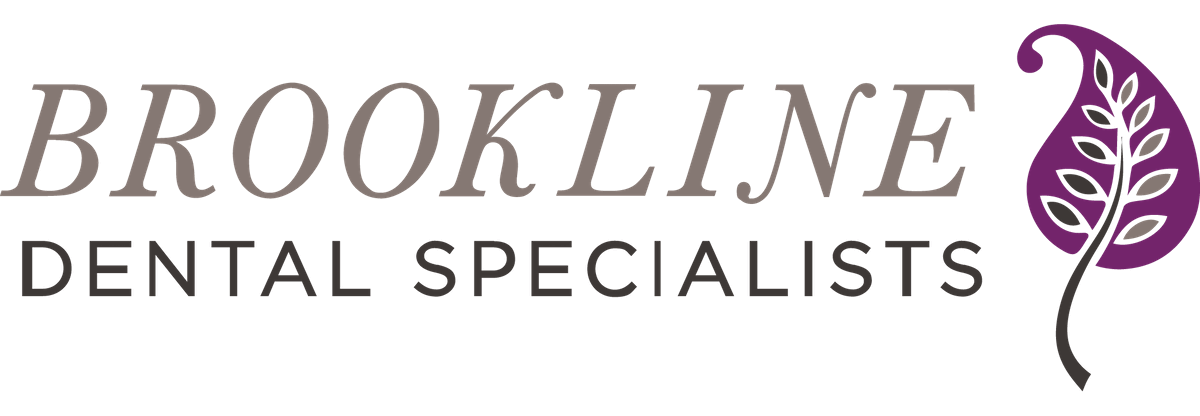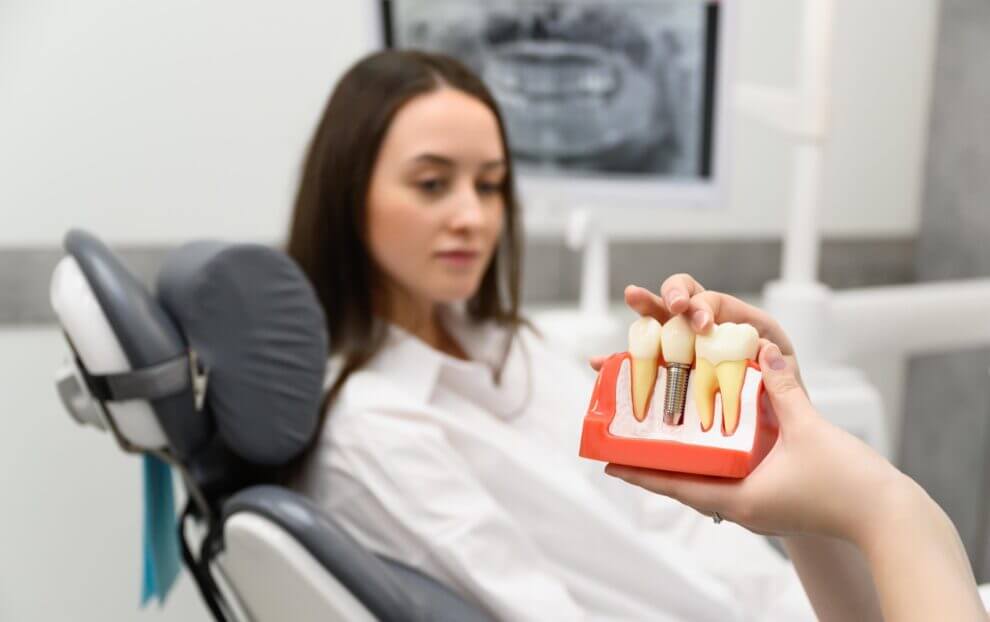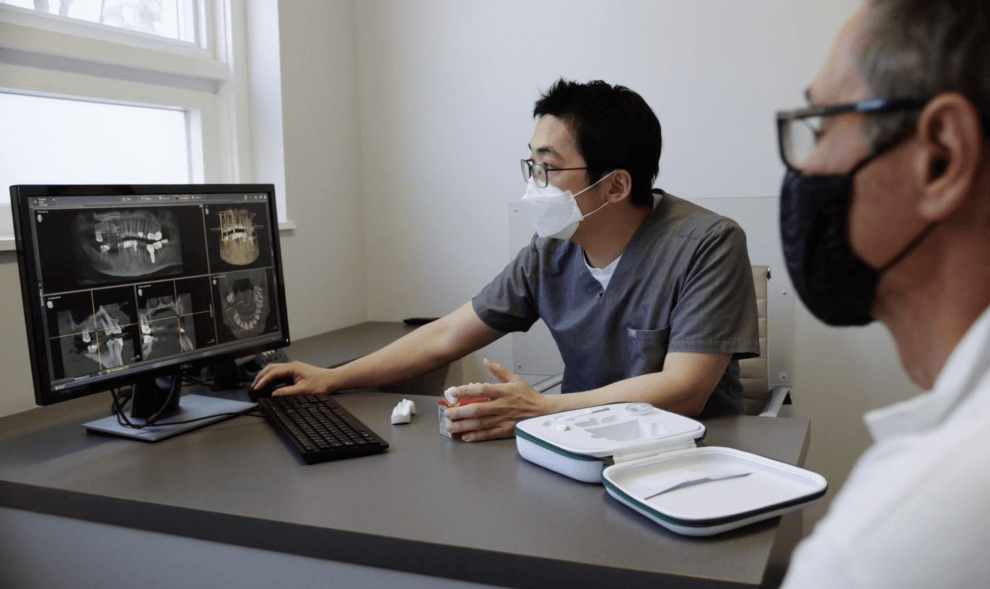Scaling and Root Planing
At BDS, the starting point for treating periodontal disease is scaling and root planing. Both scaling and root planing are deep cleaning techniques that aim to control periodontal disease.
Scaling is simply the process of scraping the plaque and tartar off teeth, especially along the gumline. Plaque is caused when food particles, bacteria, and bacterial waste products build up on teeth and gums. Plaque buildup can harden under your gumline turning into tartar (also knowns as calculus). Tartar is a key factor in developing gingivitis, a mild form of gum disease which can lead to more serious periodontal disease.
While your hygienist scrapes off built-up plaque at every routine oral health visit, scaling uses special tools, such as a periodontal scaler, to reach deep pockets of plaque and tartar in the gums. Because scaling is semi-invasive to the gumline, topical or local anesthesia is often administered prior to the procedure.
Root planing is an even deeper cleaning procedure than scaling. Root planing penetrates below the surface of the gums and into the pockets that develop below the teeth harboring the harmful bacteria that leads to periodontal disease. Root planing smooths out the roots of the teeth, allowing them to heal after being cleansed of disease. A local anesthesia is often administered prior to this procedure to ensure a patient’s comfort.
Both scaling and root planing can often take multiple appointments to ensure teeth and gums are thoroughly cleaned to prevent further infection. After a scaling or root planing procedure, patients often experience sensitivity, swelling, tenderness and bleeding of the gums. Special mouthwashes or medications can be prescribed for aftercare of these deep cleaning procedures.
A follow-up appointment is usually necessary to determine the effectiveness of the procedure performed and to determine whether further cleaning is necessary to prevent future infections.





